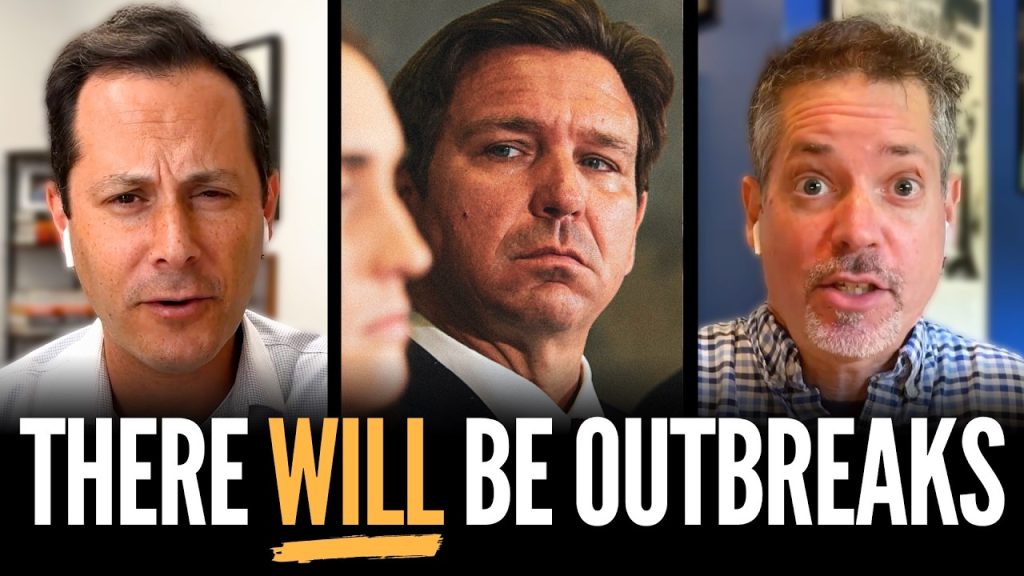The recent decision by Florida lawmakers to eliminate certain vaccine mandates has raised alarm bells among health officials and public advocates as fears of measles outbreaks loom large. The move has intensified the ongoing debate surrounding vaccine requirements, public health policy, and parental rights, particularly in a state that has witnessed a rise in vaccine hesitancy in recent years.
Florida’s legislative shift comes during a period marked by a notable nationwide resurgence of measles, which health experts warn is exacerbated by declining vaccination rates. The Centers for Disease Control and Prevention (CDC) has reported a troubling spike in measles cases across the country, with outbreaks linked to unvaccinated populations. This situation puts vulnerable individuals, especially children and those with compromised immune systems, at greater risk, raising ethical and moral questions about public policy and individual freedoms.
The backdrop to Florida’s recent changes is a national dialogue around vaccine mandates that has become increasingly polarized. Proponents of vaccine mandates argue that they are essential for maintaining herd immunity and protecting communities from preventable diseases. Conversely, opponents champion parental choice and personal liberty, asserting the right to make medical decisions for their children without government interference.
Governor Ron DeSantis and his administration have championed measures that resonate with a portion of the electorate who oppose state mandates. Their actions reflect a broader trend among some states to roll back pandemic-related health directives, which some citizens viewed as an overreach of government authority. However, this rollback raises critical questions about the potential consequences for public health, particularly in light of the ongoing threat posed by diseases like measles that can spread rapidly among unvaccinated populations.
Health experts are urging both state officials and the public to reconsider the importance of vaccination, particularly in the context of rising measles cases. As Florida embarks on this controversial path, the implications for community health and safety remain uncertain, compelling many to closely monitor the situation as it unfolds. In a state renowned for its tourism-driven economy, the impact of vaccine policies may extend far beyond public health, also affecting Florida’s standing as a safe destination for families.



